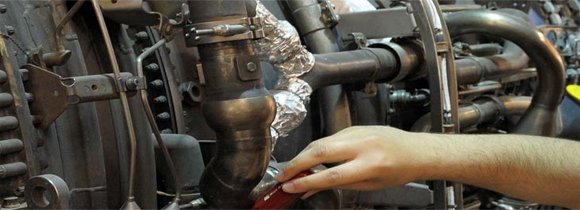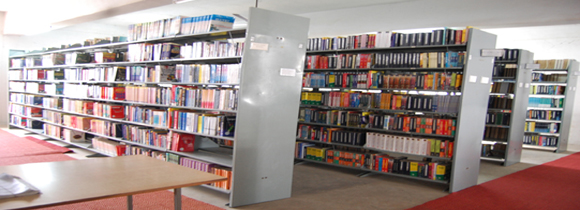About Mech Dept.
Mechanical engineers design machines, devices, and methods to solve problems. They understand the dynamics of mechanical devices and know how to control their operation. Transportation vehicles, methods of energy conversion, control systems, environmental systems, and manufacturing systems are just a few examples of mechanical engineers’ work.
Mechanical engineering course work has a solid core in mathematics, physics, chemistry, and the engineering sciences. Mechanical engineering is also computer oriented in that the computer is used extensively for problem solving and engineering design. At SSCE, we have Computer Aided Design and manufacturing facilities for the realization of student designs. The motto of SSCE mechanical engineering is to “Develop the strong core background and make the students marketable to local and national industries, government agencies, and graduate schools.
Faculty
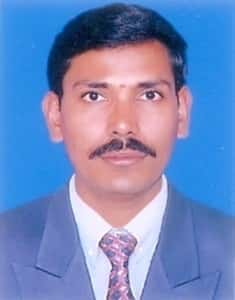
Dr.Srininvasa Rao Yenda
M.Tech, Ph.D.
Professor & Principal
Department of Mech
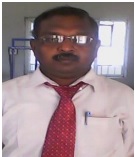
Dr.M.Selvam
M.Tech, Ph.D.
Associate Professor
Department of Mech

Dr. LaxmanRaju Salavaravu
M.Tech, Ph.D.
Associate Professor
Department of Mech
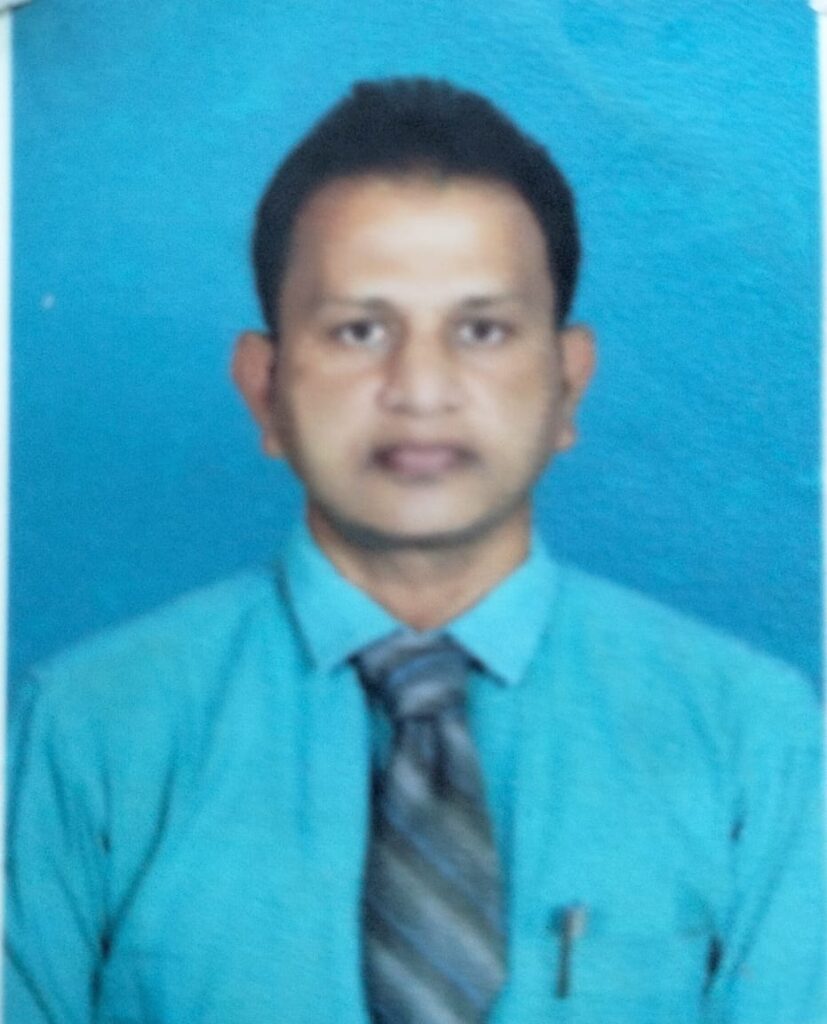
Mr.Sai Sankara Deekshit Lakkoju
M.Tech
Assistant Professor
Department of Mech
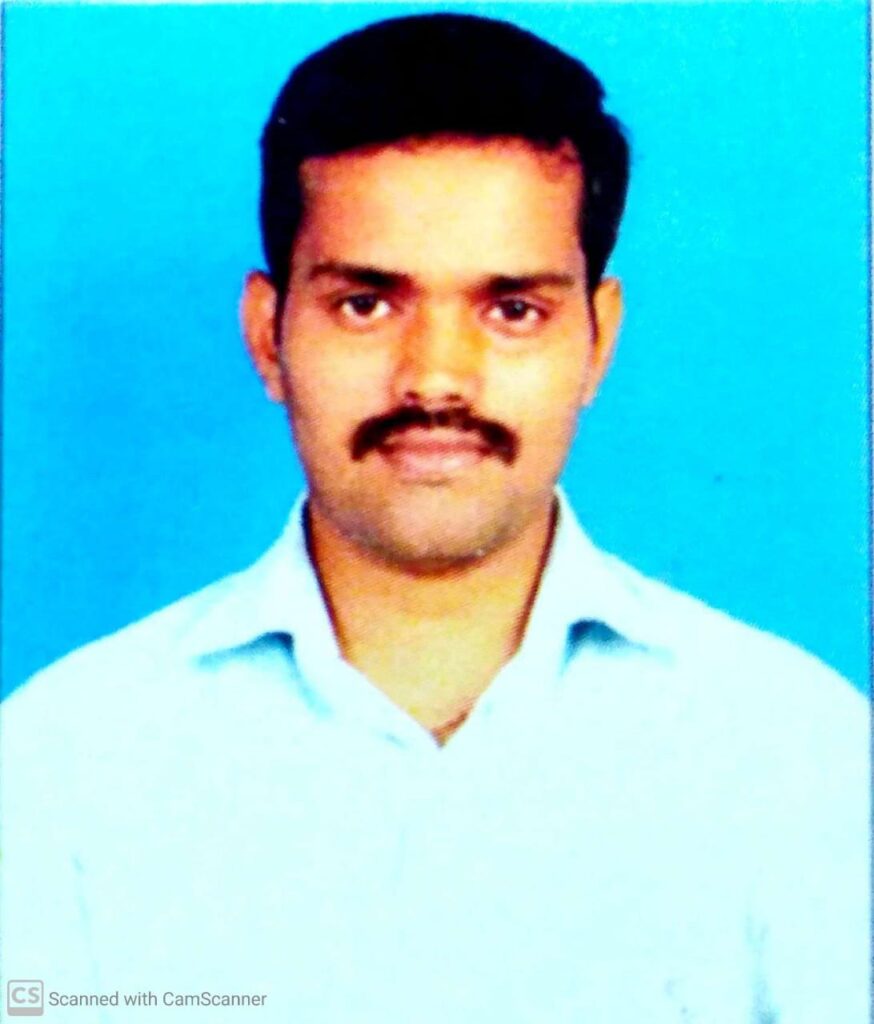
Mr. Harish Kumar Siddani
M.Tech
Assistant Professor
Department of Mech
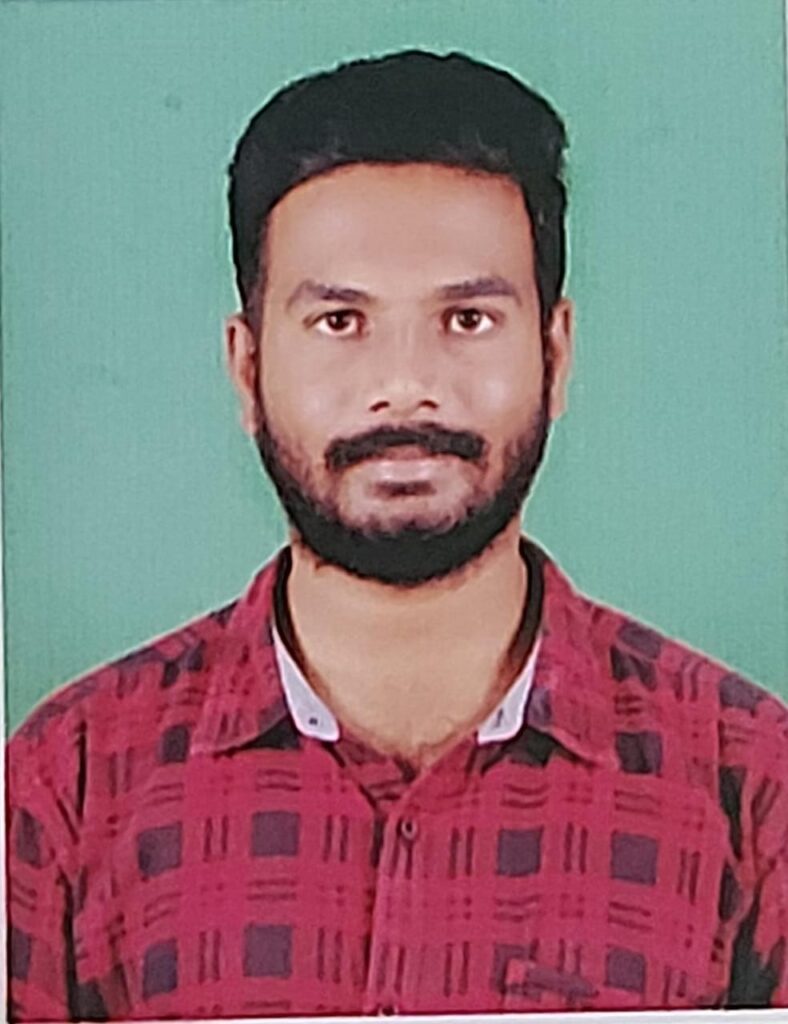
Mr.Jayakrishna Makka
M.Tech
Assistant Professor
Department of Mech
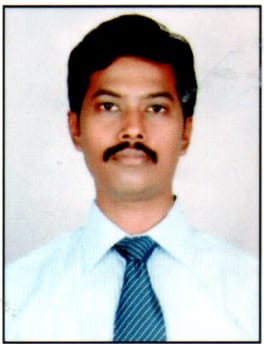
Mr.G.Mahendra Nath
M.Tech
Assistant Professor
Department of Mech
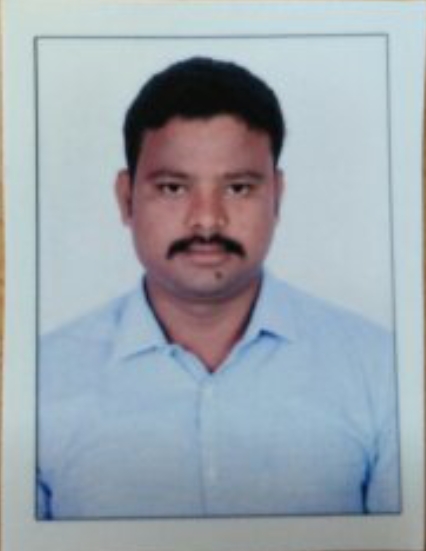
Mr.P.Chenna Kesava Rao
M.Tech
Assistant Professor
Department of Mech
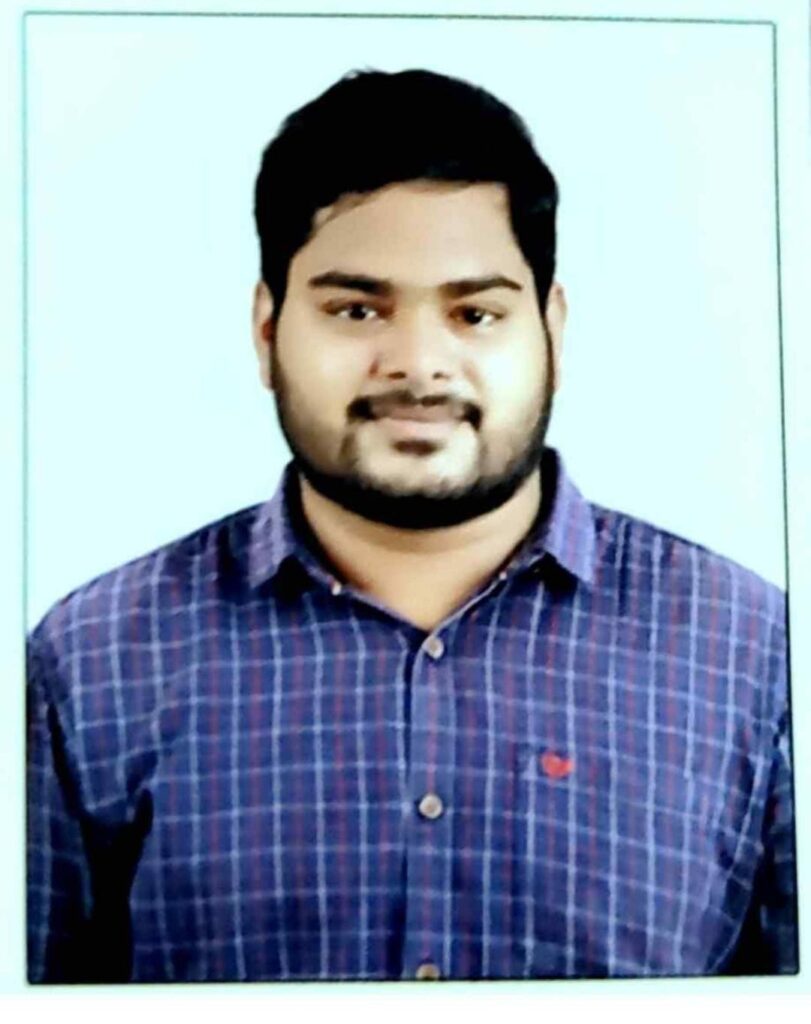
Mr. P.Anil Kumar
M.Tech
Assistant Professor
Department of Mech
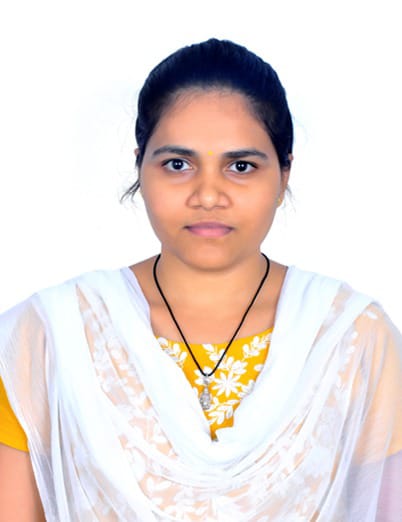
Ms. G.Mounika
M.Tech
Assistant Professor
Department of Mech
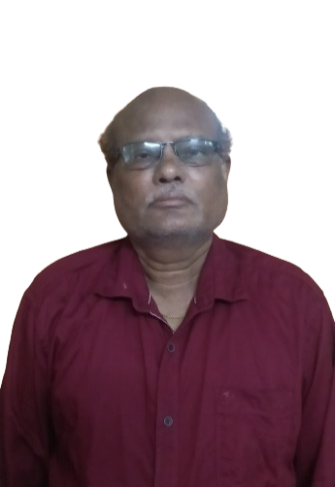
Mr.Sriram Murthy Boddepalli
M.Tech
Assistant Professor
Department of MEC
B.Tech
SSCE started Mechanical Engineering programme in 2009.The Faculty in the department are in the track of excellence in terms of qualification and experience. Coming from various reputed universities, industries and research oriented organizations, faculty are committed to the noble cause of teaching learning process synchronizing with their efforts.
The curriculum places enormous emphasis on the laboratory component including project laboratory in addition to the more traditional components of classroom lectures, tutorials and assignments. Students get trained in analytical, simulation, design and development and experimental techniques in the Capstone Project. Apart from the core mechanical courses, students are given opportunity to study open electives to broaden their perspective of knowledge to work in multifunctional industrial and research projects. Our students are highly motivated by our faculty and the management to involve themselves in innovative research projects. Our students are developing good research skills, technical and managerial skills which help them to become good technocrats in the society.
The laboratories under various domains are fully equipped with up to date experimental facilities and machineries to train our students and to conduct research. Our students are trained in Solid Edge design laboratory, AutoCAD, and ANSYS software. They are also trained in characterizing the microstructure of materials using optical microscope interfaced with image analyzer, hardness tester after making heat treatment such as quenching and tempering, induction hardening and normalizing. These kinds of laboratory trainings are very essential to work in various industries. The project allows the students to develop innovative concepts such as robot, automated cars and solar powered equipments and alternate fuel development etc.
GOALS
The mechanical engineering program GOALS are to:
- Create well-rounded engineers who possess theoretical and practical skills, and understand the significance of humanities and social sciences
- Produce graduates who have the necessary teamwork and leadership skills to excel in multidisciplinary team environments
- Develop innovative and creative thinking with an understanding of entrepreneurship.
- Develop science, mathematics, analytical, computational, and experimental skills and apply them to formulate and solve engineering problems
- Instill in students an appreciation of the impact of engineering solutions in a global and societal context, including the broad implications of professional ethics
- Develop the flexibility to adapt to changing technology and an understanding of the need for continuous improvement and lifelong learning
OBJECTIVES
These six goals manifest as the following program EDUCATIONAL OBJECTIVES, which state: SSCE Mechanical Engineering graduates will possess:
- An ability to apply knowledge of mathematics, science and engineering
- An ability to design and conduct experiments, as well as to analyze and interpret data
- An ability to design a system, component, or process to meet desired needs
- An ability to function in multidisciplinary teams
- An ability to identify, formulate and solve engineering problems
- An understanding of professional and ethical responsibility
- An ability to communicate effectively
- The broad education necessary to understand the impact of engineering solutions in a global and societal context
- A recognition of the need for and an ability to engage in life-long learning
- A knowledge of contemporary issues
- An ability to use the techniques, skills and modern engineering tools necessary for engineering practice
- Knowledge of chemistry and calculus-based physics with depth in at least one
- An ability to apply advanced mathematics through multivariate calculus and differential equations
- A familiarity with statistics and linear algebra
- An ability to work professionally in both thermal and mechanical systems areas including the design and realization of such systems
- An ability to think creatively and innovatively
- A knowledge of entrepreneurial practices
